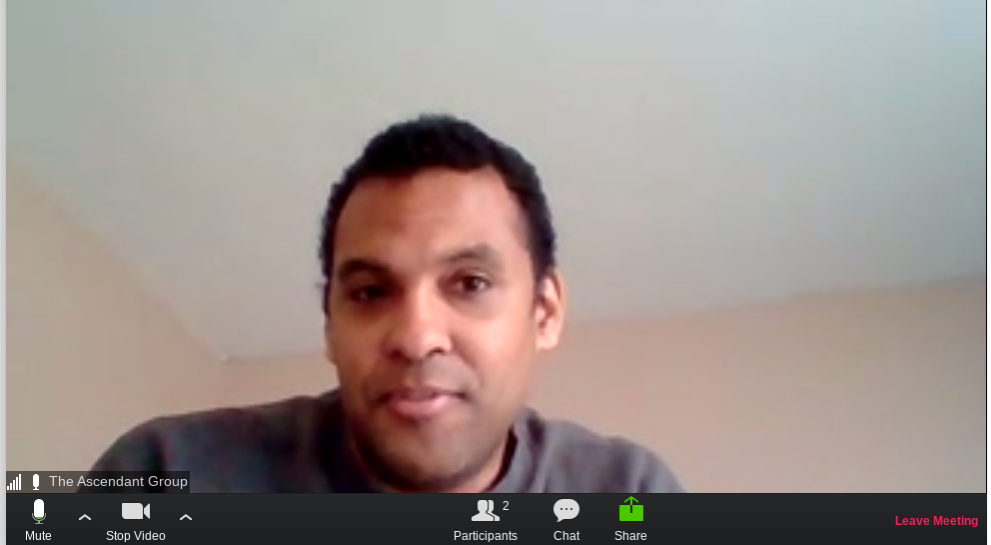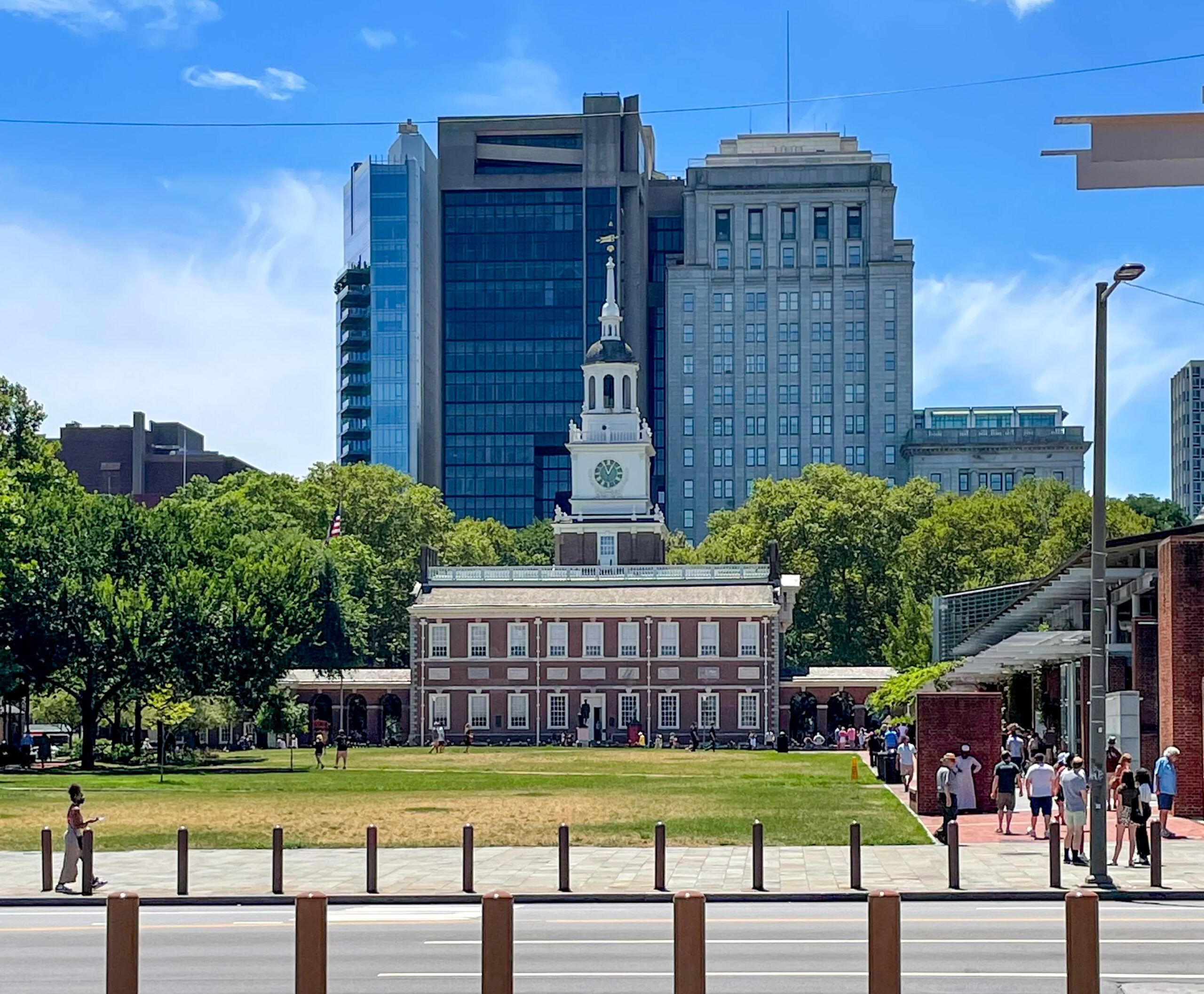When Raoul Davis founded the Newark-based Ascendant Group in 2009, it set out to help CEOs adapt to a changing professional landscape in which CEOs, from Magic Johnson to Martha Stewart were becoming the chief storytellers for their businesses.
Now, “business isn’t just B2B or B2C, it’s H2H — human-to-human connectivity,” Davis told Technical.ly. “We think of CEO branding as how you emotionally connect with the audience. It’s not about ego, it’s about effectiveness.”
Today, the Ascendent Group has six partners, 18 team members and a client list that spans the globe. That list includes New Orleans Saints wide receiver-turned-entrepreneur Marques Colston and Ifran Khan, CEO of supply chain industry leader Bristlecone, a division of Mahindra, a $16 billion company out of India.
Davis’ understanding of the importance of personal branding started at the HBCU Winston-Salem State University, where he did his undergraduate studies.
“I was a freshman that partied and had a good time,” he said. “At the end of that year a friend of mine said, ‘Hey, you should run for vice president of the campus activity board so you’ll be in charge of throwing the campus parties.’ I go to the meeting, and he tricks me. Nominates me for president instead, brings all these people in to vote for me, I win, and everyone [on the board] instantly hates me because I’m the president of an organization I wasn’t even a part of the year before. So out of pure social necessity, I developed some leadership skills.”
The first real lesson in personal branding came the following year, when Davis decided to run for a senior-level position in student government. His competition was a member of the Alpha Kappa Alpha sorority.
“She stampeded all over me,” he said. The next year, he won his election against a football player by specifically choosing a running mate who was a member of AKA: “I learned the value of strategic partnerships.”
He would step into the world of PR and marketing while still an undergrad.
“We brought [rapper] KRS-One to campus and had about 1,100 students come, so I reached out to the speakers bureau that booked them and said, ‘I love what you guys do, do you have any internships?’ They said no. I said, ‘Can you give me one anyway?’ I started booking speakers with universities across the country and became one of their top sales people, working like 15 hours a week from the East Coast.”
While Davis was working on his master’s in public administration at the University of Delaware, two clients suggested he start his own company. The resulting biz, launched in 2004, specialized in managing public speakers and evolved over the next five years to eventually become the Ascendant Group, with its focus on CEO branding, brand strategy PR, social design, video and publishing.
The COVID-19 pandemic, he says, is another learning experience where the ability to adapt is vital.
“I was in Lincoln, Nebraska the day the lockdown got serious,” he said. “I remember watching the news and being numb that night. I can’t tell you how I fell asleep that night. The next morning, I just started shifting gears and thinking that it’s our role to help steer our clients through this sort of thing. You have to start looking outside of yourself first and think about the impact your work does, and that can help you have more focus.”
Patterns of behavior have naturally changed during the COVID-19 lockdown, and businesses should consider that, in some cases, those behavior changes will be long term.
“People are responding on LinkedIn more than they ever have, because they have more time to,” Davis said. “So how do you begin flowing with the energy of your customers? They change behavior and then they change expectations, and if you as a business don’t adjust to that set of expectations, you’re fried.”
Some of the potentially long-term changes that Davis has observed include:
- More people are using social media and have picked up new social media habits.
- More people are attending webinars.
- People are online shopping more.
- People are spending more time with family.
“What do those things mean to your business?” Davis asks. “Do that assessment and make the adjustment, and try to do it as proactively as possible.”
At the end of the day, the businesses expecting long-term survival need to be highly adaptable and willing to plan in advance, accepting that future pandemics are a possibility.
“Take that ‘rainy day’ thing seriously,” he said, “because the rainy day is here and it will rain again in the future.”







